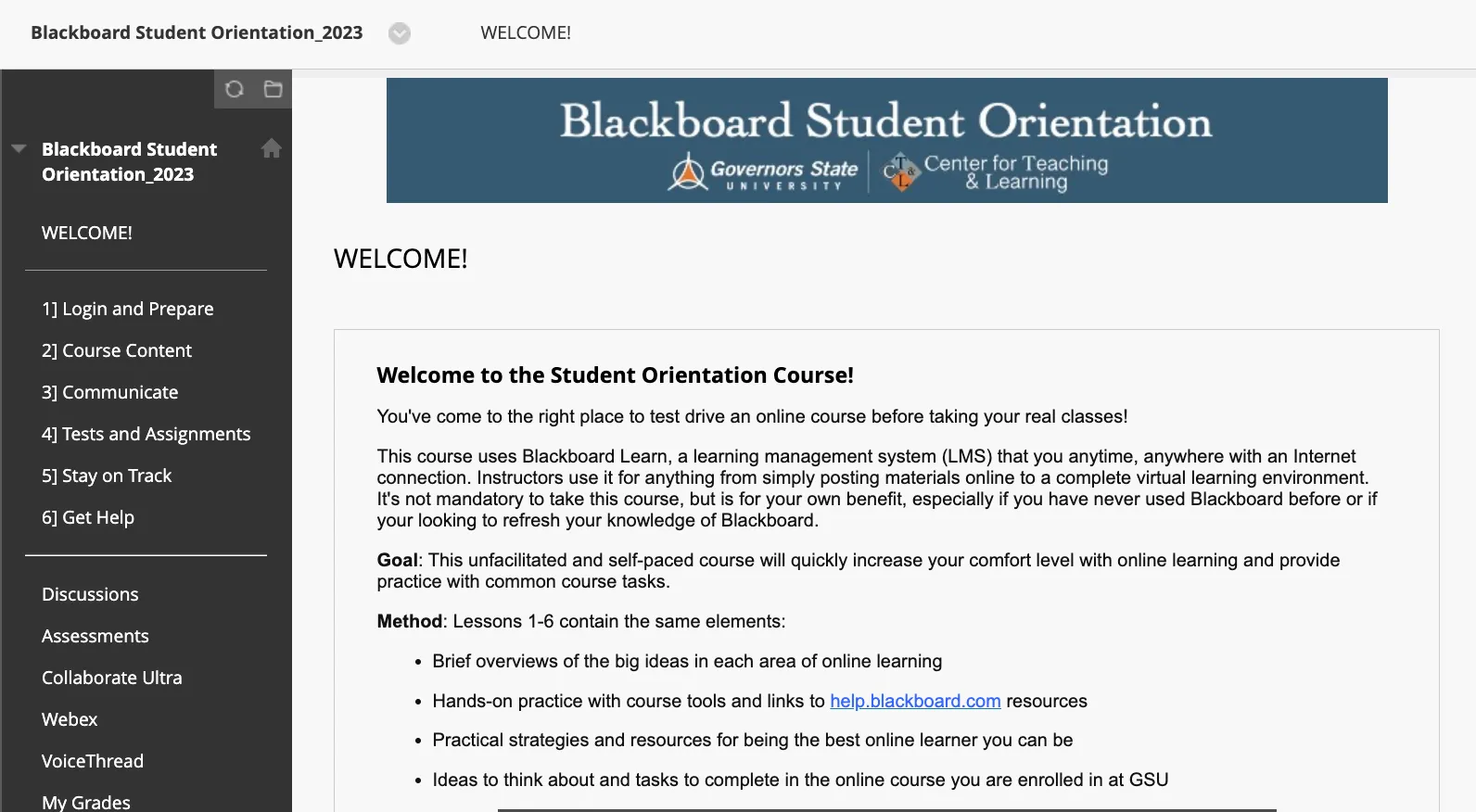In recent years, online education in the United States has transformed from a specialized alternative to a traditional educational option. Whether you’re a student looking to advance your career, a working professional looking for new skills, or someone dedicated to lifelong learning, online education offers unprecedented flexibility and accessibility.
However, navigating this digital landscape effectively requires understanding its nuances and adopting strategies tailored to the online learning environment.
We welcome flexibility and availability
One of the most compelling advantages of online education in the United States is its flexibility. Unlike a traditional classroom setting, online courses allow students to access lectures and materials anytime, anywhere with an internet connection. This flexibility is especially beneficial for non-traditional students, such as working adults who are balancing professional and personal responsibilities.
Accessibility is another key feature of online education. In a country as geographically vast as the United States, online learning removes the barriers of commuting and physical location. Students can enroll in programs offered by institutions across the country without moving, making education more inclusive and equitable.
Choosing the right online program
When considering online education options, it’s essential to choose a reputable program that aligns with your academic and career goals. Accreditation is a critical factor in verifying the legitimacy and quality of a program. Accredited institutions adhere to established standards of academic rigor and are recognized by employers and other educational institutions.
Next, consider the format and structure of the online program. Some programs offer synchronous learning where students attend courses in real time, while others have an asynchronous format that allows students to complete course work at their own pace. Choosing between these formats depends on your learning style, schedule, and preferences.
Development of strong time management skills
Successful online students in the United States excel at time management. Without a fixed schedule of traditional classes, students must proactively manage their time to complete assignments, participate in discussions, and study for exams. Effective time management involves creating a study plan, setting goals, and prioritizing assignments to ensure consistent progress throughout the course.
Utilizing productivity tools and apps can improve time management skills. Tools like calendar apps for scheduling appointments, task management apps for organizing assignments, and productivity trackers for tracking study sessions can help students stay organized and focused on their academic goals.
Cultivating self-discipline and motivation
Self-discipline and motivation are essential for online students. While the flexibility of online education offers freedom, it also requires a high degree of self-motivation to stay on track and meet academic requirements. Creating a dedicated study space, minimizing distractions, and setting clear goals can help maintain focus and discipline.
Building a support network can also promote motivation in online learning. Collaboration with peers and instructors through discussion forums, virtual study groups, or online office hours can provide encouragement, feedback, and a sense of community and enhance the overall learning experience.
Use of technological tools and resources
Technology plays a key role in online education in the United States. Familiarity with the learning management system (LMS) your institution uses is essential to accessing study materials, submitting assignments, and participating in discussions. Most LMS platforms offer additional resources such as multimedia content, interactive simulations, and virtual labs to enhance learning outcomes.
In addition to an LMS, a variety of digital tools and resources can complement your online learning. Educational websites, online libraries, video conferencing platforms, and academic databases provide access to a wealth of information and opportunities for collaborative learning. Knowledge of digital literacy and resource utilization can maximize the benefits of online education.
Active involvement in online discussions and collaboration
Active participation in online discussions and collaboration is essential to enrich your learning experience. Discussion forums, virtual classrooms, and group projects allow students to exchange ideas, perspectives, and insights with peers and instructors. Active participation in discussions promotes critical thinking, communication skills and a deeper understanding of learning materials.
Effective communication is the key to successful online collaboration. Practice clear and respectful communication in written discussions, group projects, and virtual presentations. Effectively use online communication tools to meaningfully contribute to collaborative efforts and build professional relationships with peers and instructors.
Looking for support and feedback
Seeking support and feedback is critical to overcoming challenges and maximizing learning outcomes in online education. Most online programs offer academic support services such as tutoring, writing centers, and technical assistance to help students navigate coursework and overcome academic obstacles. Use these resources to better understand course material and improve your academic performance.
In addition, feel free to contact the instructors for explanations, feedback on assignments, or advice on course content. Establishing a relationship with instructors can facilitate a productive learning environment and provide valuable insights into course expectations and learning objectives.
Adapting to assessments and exams
Online assessments and exams differ from traditional in-person formats and require careful preparation and customization. Learn about the assessment methods used in your online course, such as quizzes, essays, projects or timed exams. Regularly reviewing course materials, practicing problem-solving skills, and seeking clarification on challenging topics can effectively prepare you for the assessment.
Time management is essential in online exams. Allow enough time to complete each assessment task within the allotted time frame and avoid last-minute rushing. Ensure a stable internet connection and familiarize yourself with any technical requirements or guidelines for online assessment to minimize disruption and optimize performance.
Lifelong education and professional development
Online education in the United States offers opportunities for lifelong learning and professional development beyond the traditional
